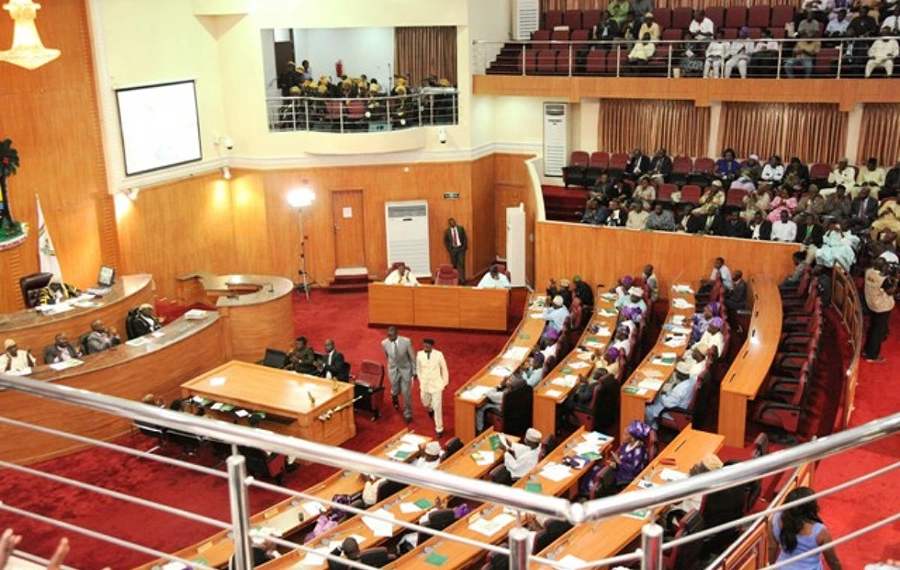In a major shift during the ongoing tax reform process, the Senate has removed controversial provisions from the Tax Reform Bills that would have allowed the National Assembly to establish revenue services for states and local governments.
Instead, the upper chamber passed provisions explicitly empowering individual states to create and manage their own revenue services, in line with Nigeria’s federal structure.
The move aligns with growing calls for fiscal federalism and state autonomy in taxation. Lawmakers argued that permitting the National Assembly to create subnational tax bodies would have undermined the constitutional authority of states over their internal revenue mechanisms.
This amendment is likely to be welcomed by state governments, many of whom had raised concerns about federal overreach. It also sets the stage for increased decentralization in Nigeria’s tax administration, with potential implications for revenue mobilization, inter-agency coordination, and accountability at the state level.



